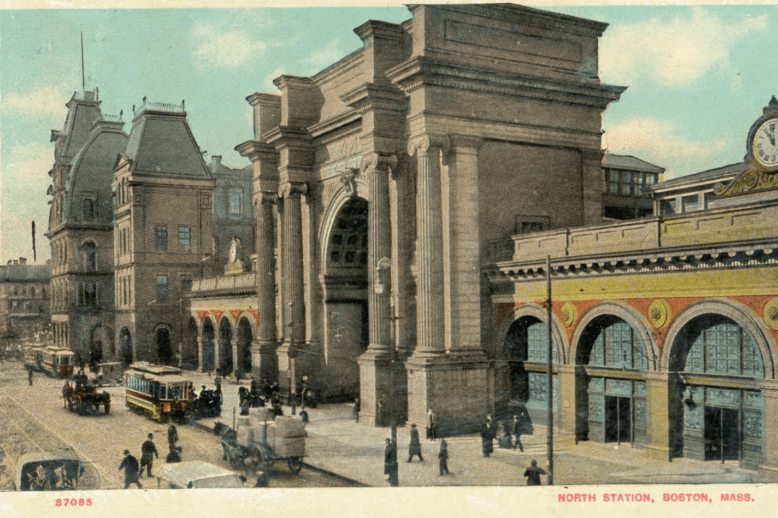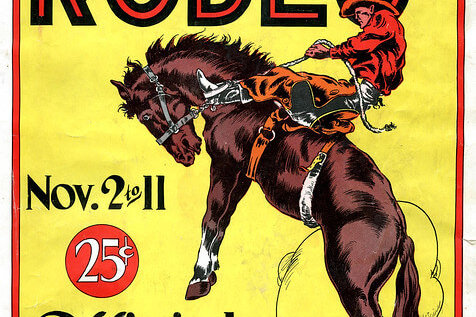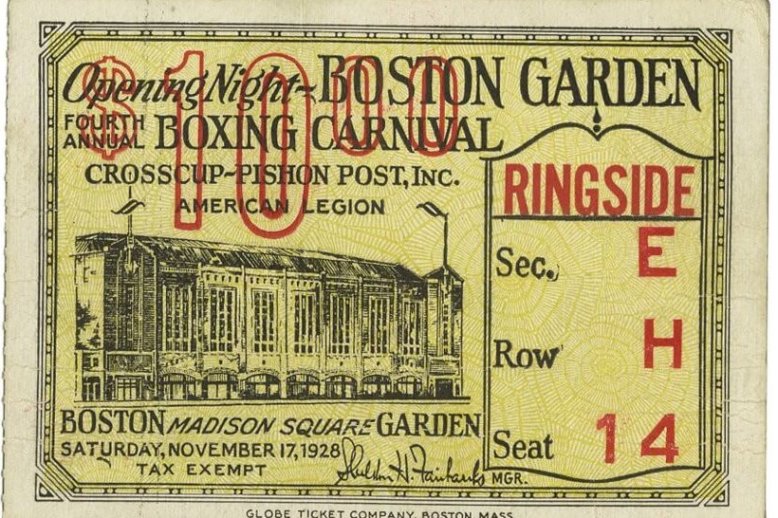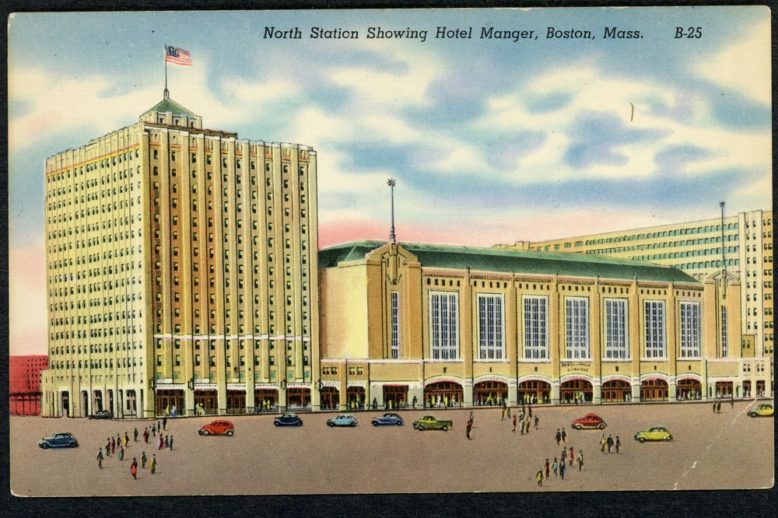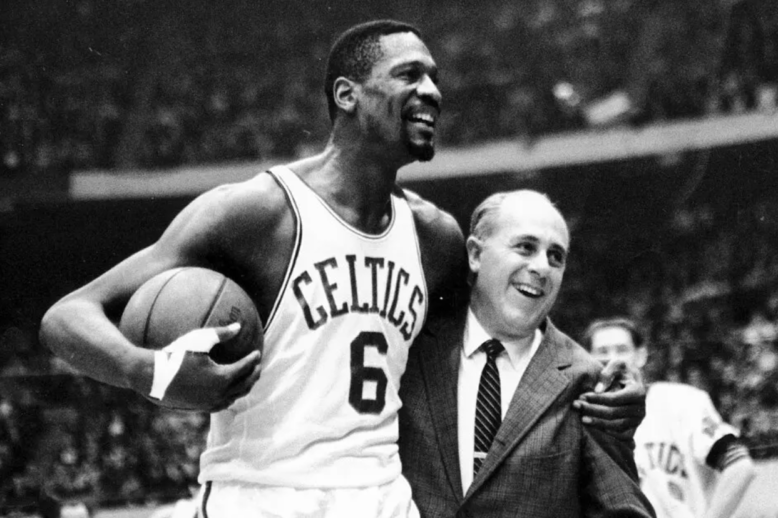The Many Faces of North Station
For tens of thousands of daily commuters, North Station is a final destination to work and a starting point for home. For many others, it is a stop along the way to somewhere else. But few of today’s commuters know that over the past two centuries, there have actually been several train stations in the West End– built in grand style – that predated the North Station we know today.

